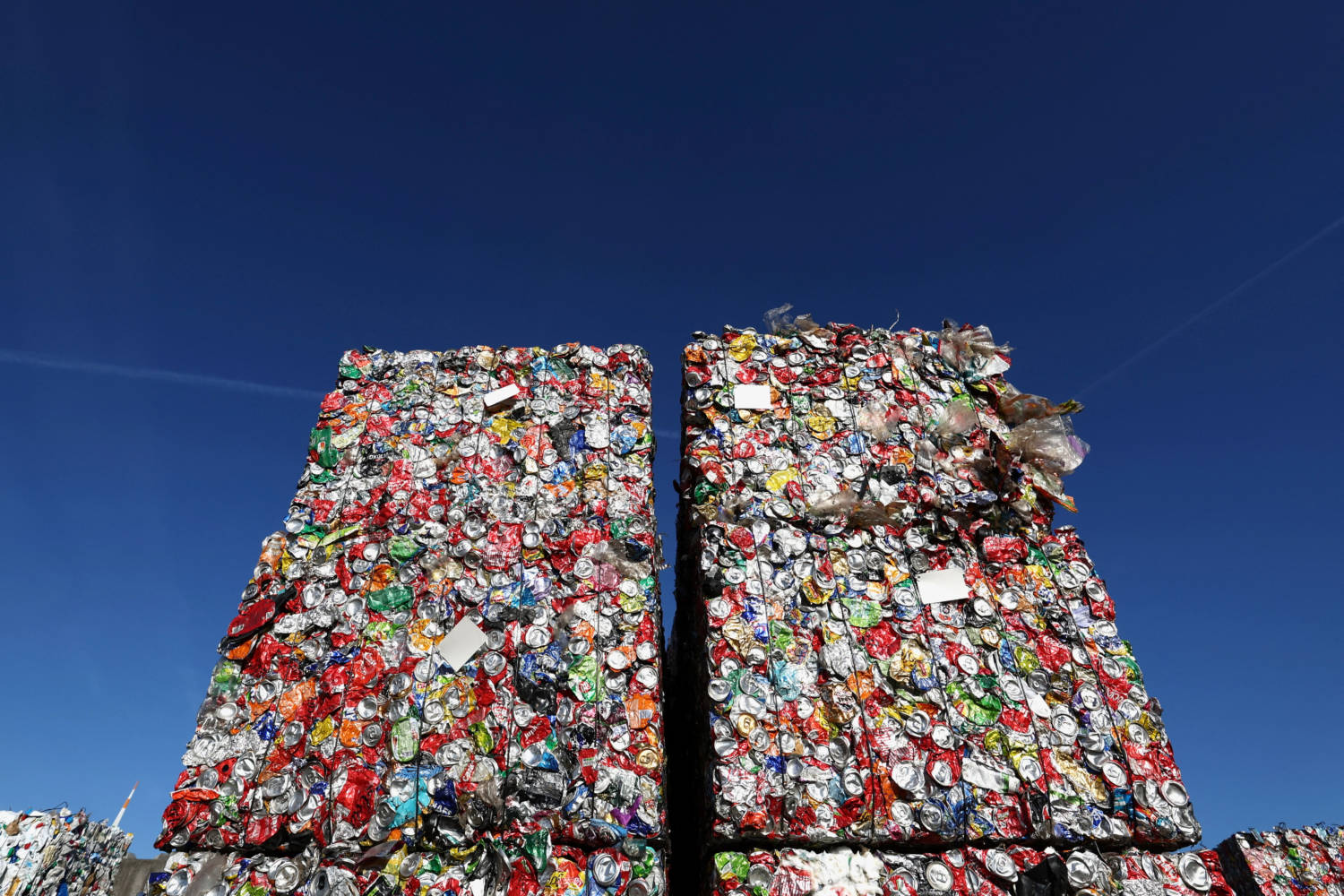Title: New Study Reveals Over 3,000 Additional Chemicals in Plastics, Raising Health and Environmental Concerns
In a recent report that has caught the attention of the international community, scientists have uncovered that there are at least 3,000 more chemicals present in everyday plastic products than previously recognized by environmental agencies. This discovery has sparked new concerns regarding pollution and consumer safety.
The study, conducted by a team of European researchers and funded by the Norwegian Research Council, revealed that plastics—from food packaging to children’s toys and medical devices—contain over 16,000 chemicals. Alarmingly, a quarter of these substances are considered hazardous to human health and the environment. This finding significantly exceeds the 13,000 plastic chemicals identified by the United Nations Environment Programme (UNEP).
As governments worldwide strive to formulate the first global treaty to address the escalating issue of plastic pollution, with an estimated 400 million tonnes of plastic waste generated annually, this report emphasizes the importance of a comprehensive approach. “To robustly solve plastic pollution, you actually have to look at the full life cycle of plastics and you have to address the chemicals issue,” stated Jane Muncke, managing director of the Food Packaging Forum and co-author of the report.
The concern is that these chemicals can leach into water and food sources. “We’re finding hundreds if not thousands of plastic chemicals in people now and some of them have been linked to adverse health outcomes,” Muncke added, citing fertility problems and cardiovascular disease as potential impacts.
Martin Wagner, lead author and environmental toxicologist at the Norwegian University of Science and Technology, highlighted the ubiquity of these substances: “When we look into… products that we’re using on a daily basis, we usually find between hundreds, if not thousands of chemicals in an individual plastic product.”
The report calls for greater transparency in the plastics industry regarding the full spectrum of chemicals used, including in recycled products. It points out that a staggering 94% of these chemicals are not regulated internationally. Wagner, who also serves on the board of the Scientists’ Coalition for an Effective Plastics Treaty, noted the lack of incentive for producers to disclose chemical contents without regulatory pressure.
Negotiations for a plastics treaty are set to continue next month in Ottawa, Canada, with hopes to finalize an agreement by December in Busan, South Korea. This treaty could be a pivotal step in addressing the complex issue of chemical components in plastics and their implications for health and the environment.
(Reuters)





